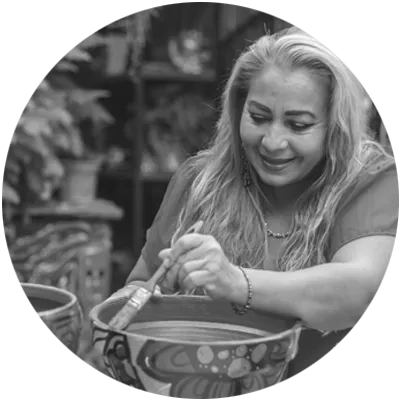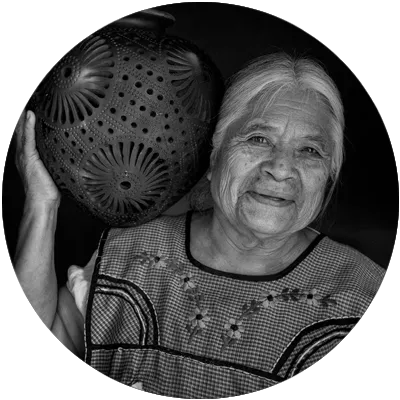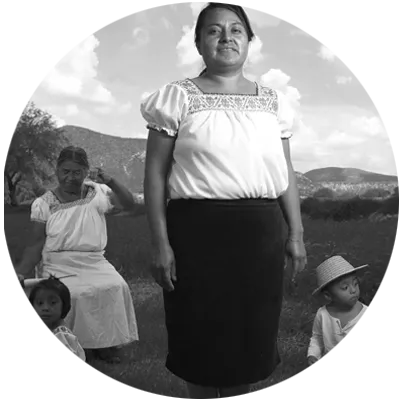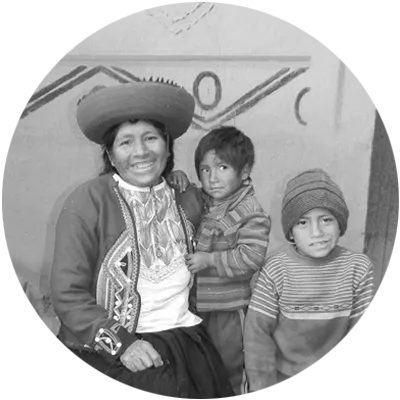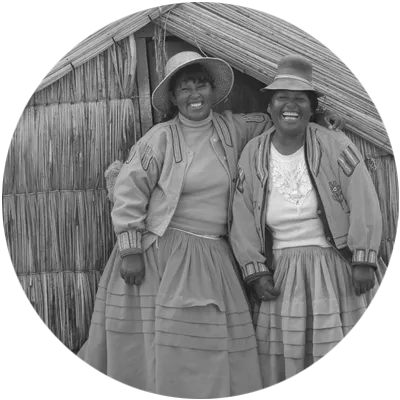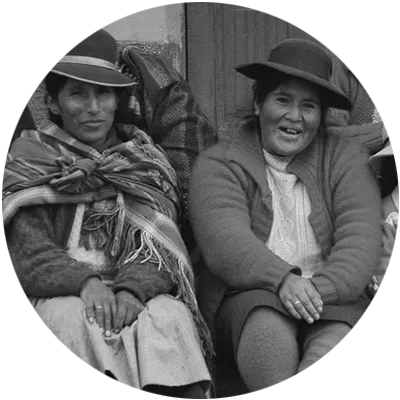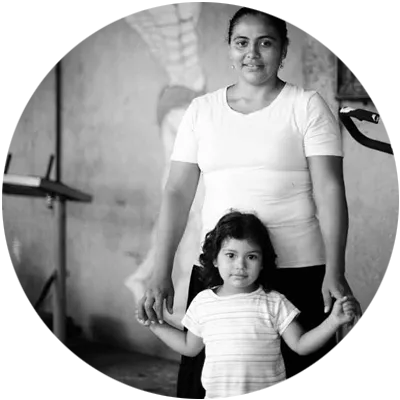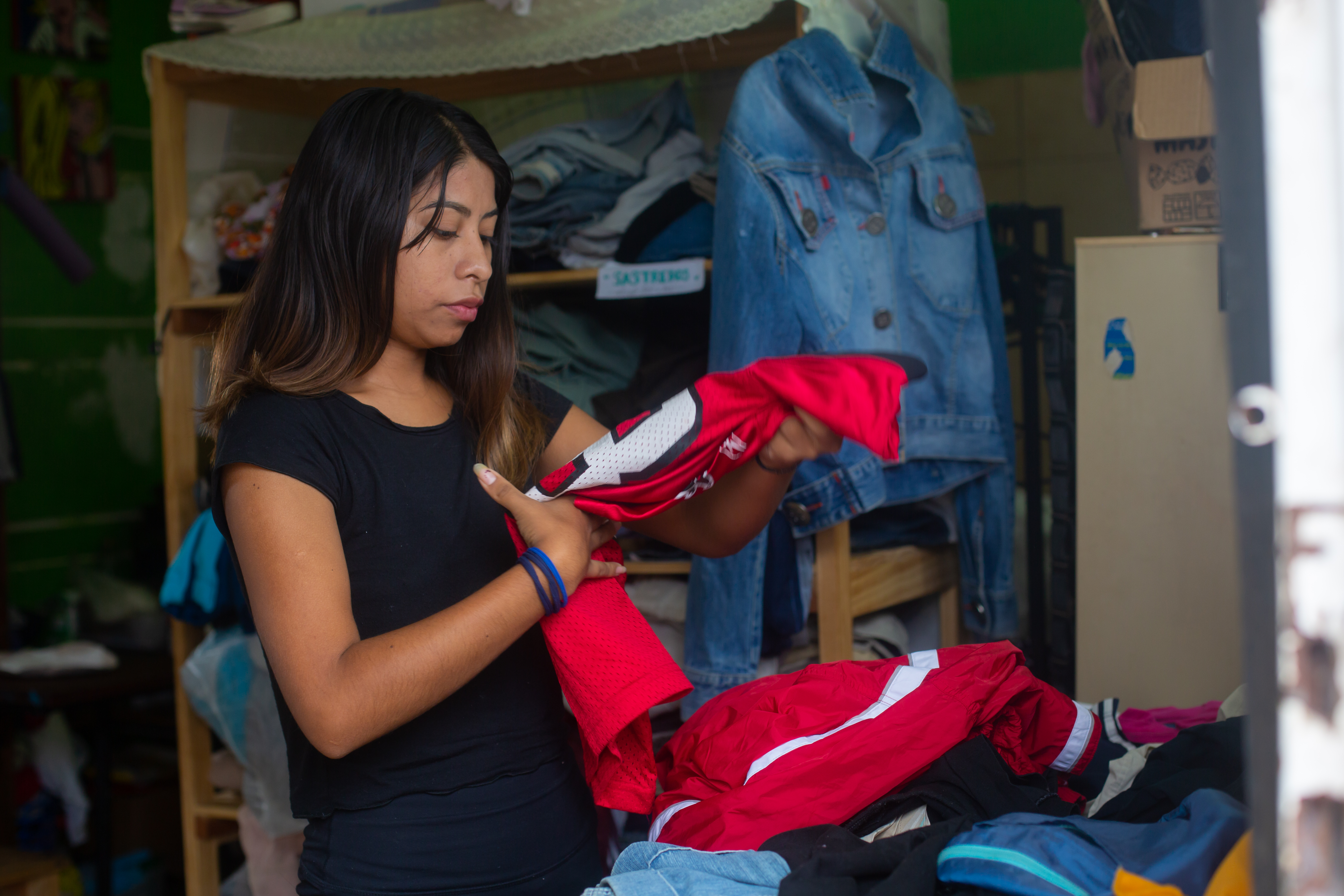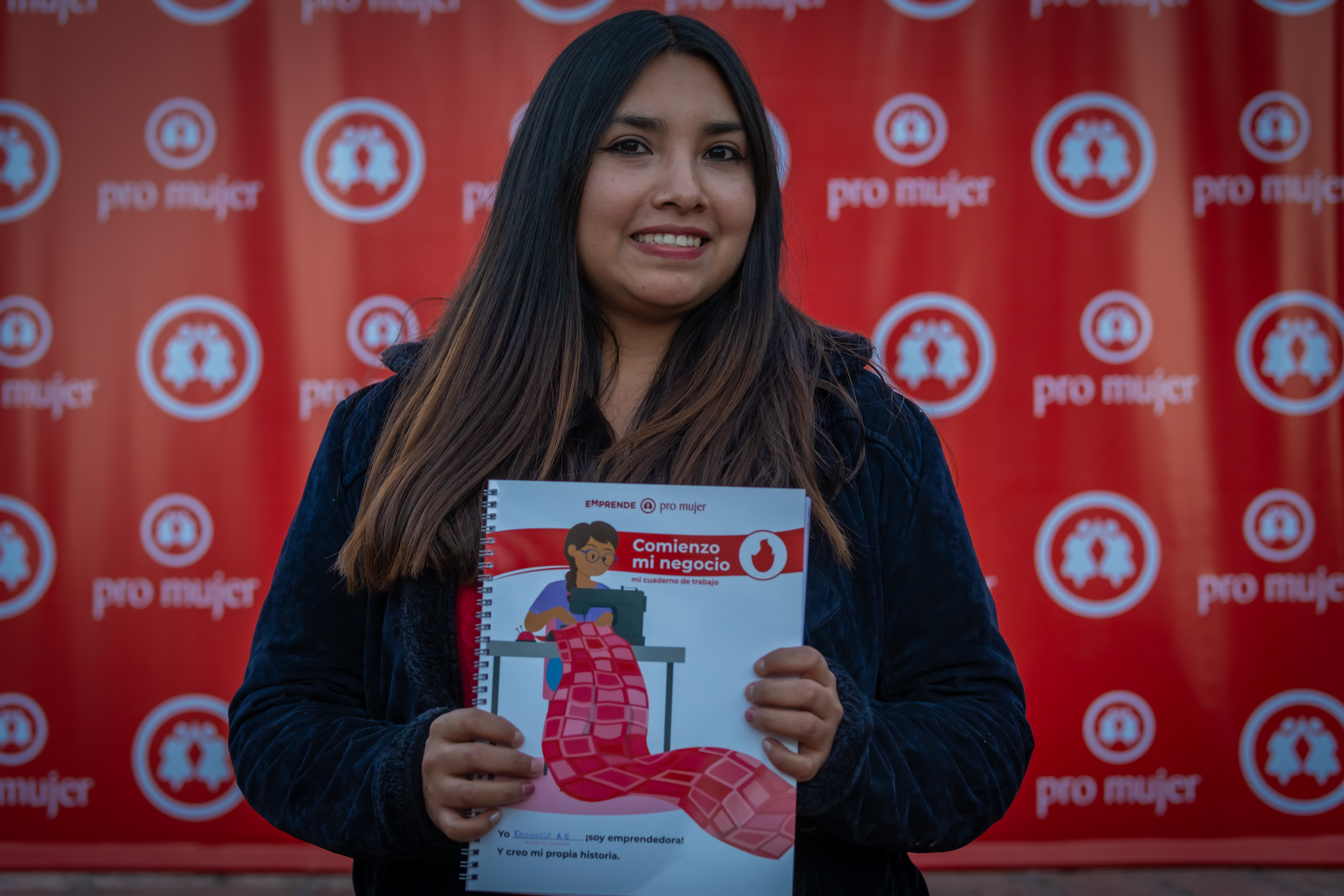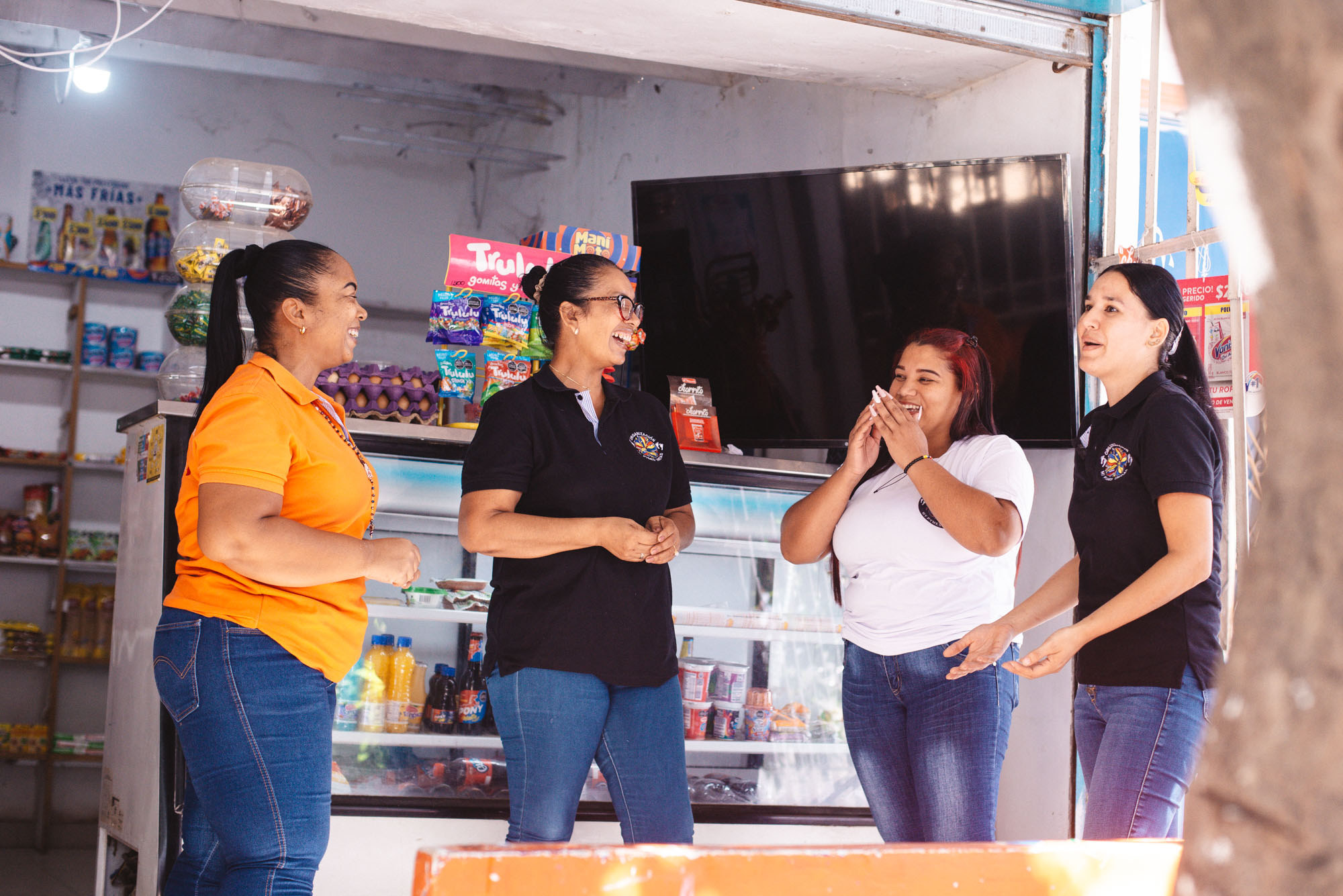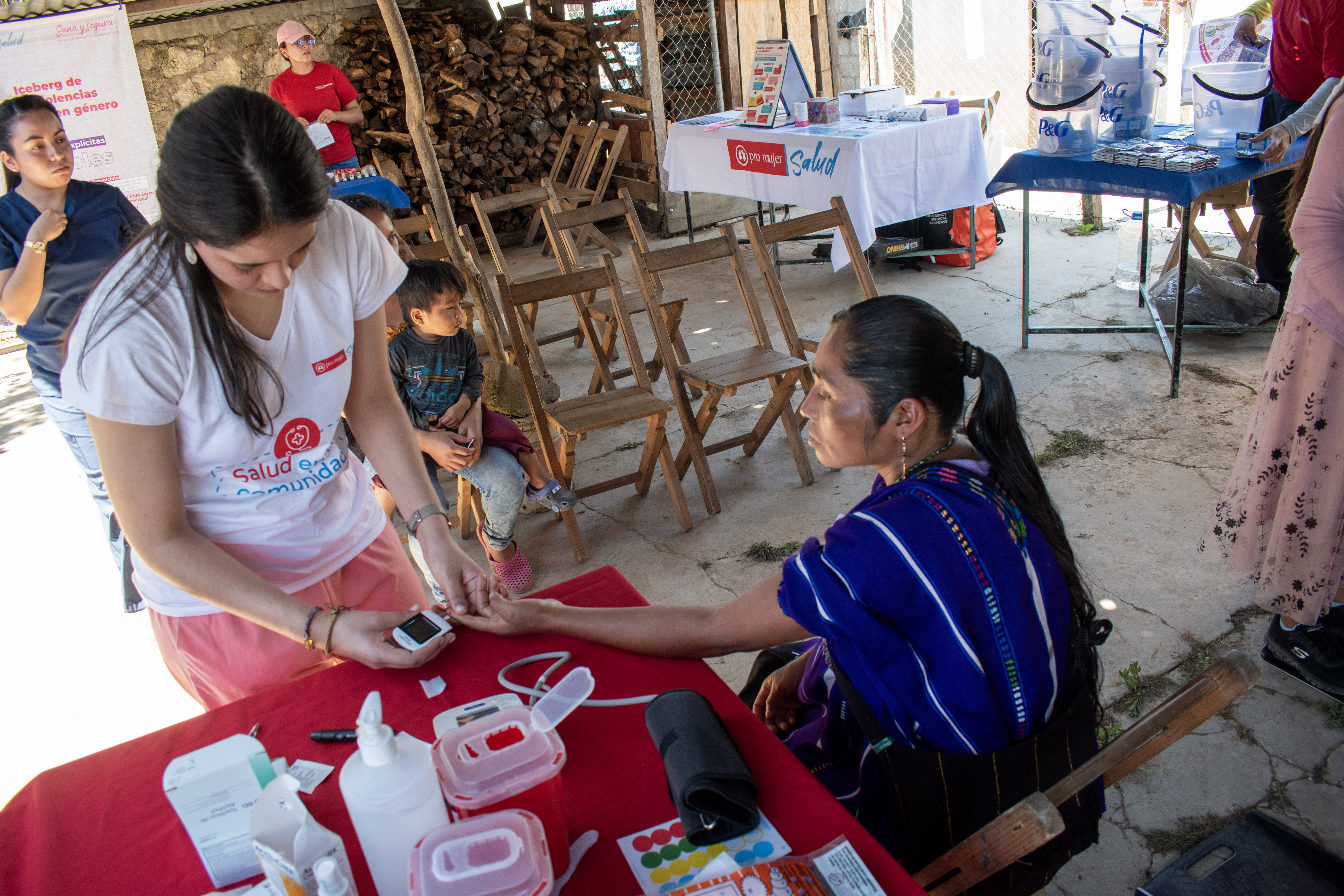By | UN Women – Regional Office for the Americas and the Caribbean
Women entrepreneurs in Latin America and the Caribbean (LAC) are playing an increasingly important role in the region’s economic and social development. Our commitment to women’s economic entrepreneurship is based on the need to find new sources of wealth and employment generation that ensure a future for women, understanding entrepreneurship as a lever for economic and social transformation.
First, it is important to note that women entrepreneurs in LAC are overcoming numerous challenges to make their business projects a reality. They often face barriers related to less control and access to productive resources and services, such as access to financing, the digital divide, gender discrimination when entering the labor market (1) and entrenched social expectations (2) that limit their participation in decision-making processes, politics, and the private sector, among others. Despite these obstacles, many women are demonstrating remarkable resilience and determination to pursue their entrepreneurial goals (3). Today, women-owned or women-led businesses comprise 23% of MSMEs worldwide (4). Colombia and Ecuador are two of the five countries in the world where the proportion of women starting or leading a new business is the same or higher than that of men (5).
One of the ways in which women entrepreneurs are transforming the region is through job creation and economic growth. According to data from the Inter-American Development Bank (IDB), women-led businesses in LAC have a significant impact on job creation, contributing to income generation and poverty reduction in the region (6). By creating their own businesses, these women are not only generating economic opportunities for themselves, but they are also providing employment, and this has a positive impact on their communities and their economic autonomy (7).
Another important aspect of the transformative impact of women entrepreneurs is their ability to promote gender equality and the empowerment of other women and girls (8). As more women succeed in the business world, they are serving as role models and mentors for other women who aspire to follow in their footsteps. By sharing their experiences, knowledge, and resources, they are creating a network of support that supports the expansion of opportunities for women throughout the region.
In addition to economic impact and the generation of inspiring role models, women entrepreneurs are contributing to innovation and economic diversification in the region. Many women are leading entrepreneurial initiatives in sectors such as technology, education, health, and the environment, incorporating digital tools, introducing new ideas and solutions that contribute to addressing some of the most pressing challenges facing the region. Their ability to think creatively and find innovative solutions is driving change and promoting sustainable development throughout the region.
UN Women develops numerous programs to promote women’s entrepreneurship through financial and digital inclusion. In this sense, in order to promote the inclusion of women in STI (Science, Technology and Innovation) areas, the development of digital platforms, training in digitalization skills, empowerment through the use and approach of digital tools for female entrepreneurship has been promoted. Likewise, actions are promoted to close the digital divide in three dimensions: access, use, and appropriation of ICTs by women entrepreneurs and key agents of the entrepreneurial ecosystem.
Among the initiatives promoted by UN Women to address the main barriers that limit women’s entrepreneurship and economic autonomy in the Latin American and Caribbean region are:
- The platform TodasConectadas.orgjointly led by UN Women, Microsoft, and Mastercard, launched in 2022, as a collaborative space of resources shared by various organizations and companies focused on offering free training for entrepreneurship, community networks to connect, and information on financial inclusion tools. Today the platform has more than 35 courses, 18 communities, and 8 information resources on financial instruments. At the end of 2023, this platform had more than 35,003 visits.
- Within the framework of the Women, Local Economy, and Territories (WLEaT) program implemented in the northern Central American countries (El Salvador, Guatemala, and Honduras), currently in its second phase of implementation, different strategies are being carried out to strengthen entrepreneurship capacities, mainly focused on the creation of business service centers, financial services, and digital platforms.
- UN Women is contributing to the capacity building of strategic actors of the financial ecosystem to promote the financial inclusion of women in El Salvador, Guatemala, and Honduras, through the implementation of the Inclusive Financial Ecosystem (EFI) program, which began its execution in 2023.
- Hecho por Mujeres (Made by Women) is the first integrated e-commerce platform in Costa Rica that connects businesswomen and entrepreneurs in conditions of poverty or economic vulnerability with the national market under a business-to-consumer (B2C) model. It aims to empower women’s economic autonomy by providing access to new markets for the direct sale of their products.
- The Originarias (Natives) program, already in several years of implementation, aims at the economic and social empowerment of Indigenous women, which seeks to strengthen their capabilities and leadership, for the creation and promotion of their businesses and collaborative networks in northern Chile.
- Globally, UN Women has been implementing the Second Chance Education (SCE) program since 2019. The program uses a virtual education platform of UN Women, with various online and offline resources, which contains content aimed at developing personal skills to promote employability, promote entrepreneurship, and provide training tools to women who can continue their studies. It is implemented in two countries in the region: in Chile (Tu Oportunidad ‘Your Opportunity’) and in Mexico (Segunda Oportunidad ‘Second Opportunity’), with a focus on technological innovation to promote access to employment and entrepreneurship development.
- The “Womek, entrepreneurs of the Gran Chaco” project, implemented since 2023 in the provinces of Fomosa, Salta, and Chaco (Argentina), seeks, in the first phase, to strengthen skills in the use and commercial communication through digital tools, and to address issues of financial inclusion for business development. In a second phase, we will work on business incubation and access to grants for their empowerment.
In conclusion, women in their diversity face varied and very challenging gaps in starting and expanding their businesses. On one hand, it is necessary to facilitate the transformation of legal frameworks and public policies to strengthen the gender perspective, and on the other, to transform attitudes, behaviors, social norms, and discriminatory practices that continue to make women’s contributions to the economy invisible and underutilized. Women entrepreneurs are playing a crucial role in the economic and social transformation of the region. Their ability to overcome obstacles, generate employment, foster innovation, and promote gender equality is driving positive change and creating a more promising and just future for the region as a whole.
1. Their labor participation is segregated: in economic sectors with lower profitability and more sensitive to the economic cycle. It also has a limited incorporation in sectors that promote technological change.
2. Women face the greatest barriers to full participation in paid work opportunities due to the sexual division of labor that results in unpaid care work being highly feminized.
3. I. Vaca Trigo, “Opportunities and challenges for women’s autonomy in the future labor scenario“, Gender Issues series, No. 154 (LC/TS.2019/3), Santiago, Economic Commission for Latin America and the Caribbean (ECLAC), 2019.
4. IDB, UNW (2023) Financing Programs for Women’s Financial Inclusion and Access to Finance for Women MSMEs
5. Global Entrepreneurship Monitor (2024), GEM 2023/2024 Global Report.
6. IDB (2021) Study reveals high gender inequality in Latin American and Caribbean companies
7. ConnectAmericas (n.d.) What do we know about women in today’s economy?
8. BBVA (2022) Women’s entrepreneurship: breaking the barriers of work-life balance, digitalization, and financing
9. Global Entrepreneurship Monitor (2024), GEM 2023/2024 Global Report.


